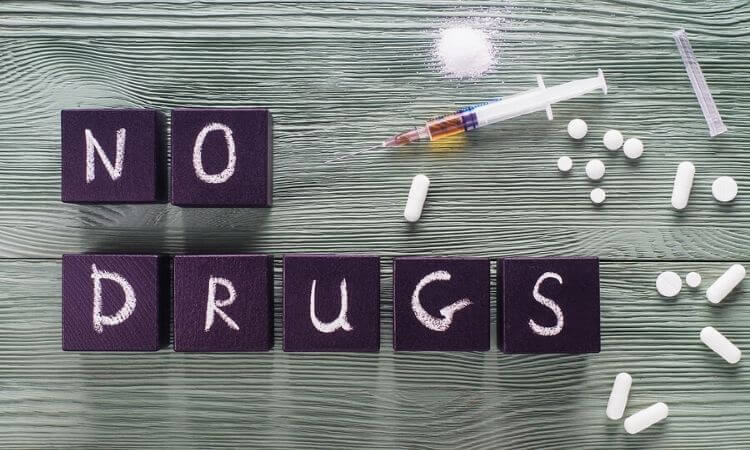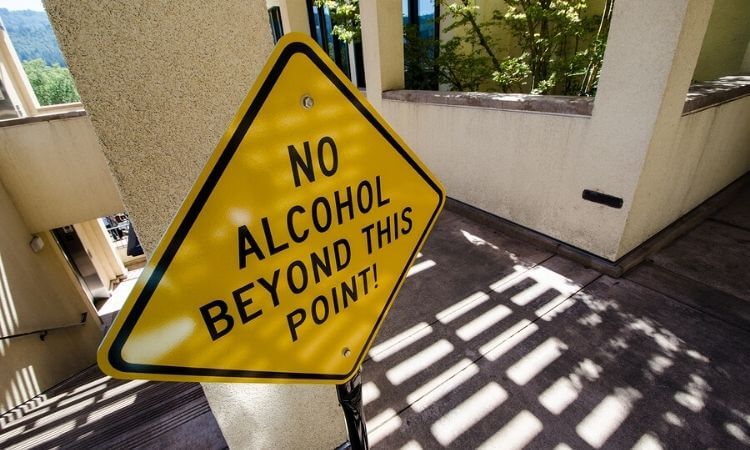
Getting sober is an accomplishment worthy of celebration, but staying sober long-term is another challenge in and of itself. Some ways to foster continued sobriety after treatment are to set goals, find or design a trigger-free living environment, and return to old hobbies/activities, or create new ones.
Rehab is a supportive, substance-free living environment that promotes feelings of protection and comfort, making it easier for a person struggling with addiction to remain sober. It offers a firm foundation of security, as well as the tools needed to recover and cope with the outside world after leaving treatment.
Moving on from intensive treatment can be overwhelming, and it may also entail new challenges as one continues to learn how to navigate a new, sober lifestyle. Fortunately, by identifying the temptations you may encounter after rehab, you can also learn how to avoid or handle these triggers, which can make it easier to remain sober indefinitely.
Recognizing Triggers
It is critical to be able to identify situations that trigger cravings for substances because they may lead to relapse after treatment. Creating a list of triggers can help you avoid them or cope with them in effective ways. Triggers may include, but are not limited to, the following:
- Stressors and life challenges
- People with whom you’ve used substances with in the past and/or are using now
- Residences, neighborhoods, workplaces, bars, schools, and other places where you used drugs or alcohol
- Situations or thoughts and feelings similar to those you experienced when you used substances, such as certain times of day, emotions, social activities, smells, sights, and sounds
- Visual triggers in the environment, such as ads for alcohol or television shows/movies in which people are drinking or using drugs
How to Handle Temptations After Treatment
The transition from a supportive setting back to normal life can be tough and fraught with challenges. Upon leaving treatment, you may find yourself in triggering situations, or ones that make you have thoughts of returning to old habits. These may include things such as returning to an old neighborhood or haunts, seeing friends or family members, and encountering certain emotions that tempt you to revert to substance use.
During this time, there are several things you can do to avoid or handle these temptations in daily life after treatment, such as the following:
1) Find a reliable support system.
Encircle yourself with sober friends and loved ones, as well as those who will look out for your best interests and want you to be successful. Locate and make use of a peer support group in your area, such as AA or NA, as well as a sponsor or someone you can call when you are faced with temptations to use drugs or alcohol.
2) Consider recovery housing.

Recovery housing offers a substance-free environment in a home or residential complex. It can be a great option for those who have completed treatment (or are undergoing outpatient treatment) but need additional support while becoming accustomed to life after rehab. These programs provide supervision, accountability, and peer support. People living in recovery homes may be encouraged or required to attend group support meetings and get help from community groups that offer employment opportunities, health care, legal or financial support, or social services.
3) Modify your environment.
If you are not going to a sober living facility or are leaving one, before returning home, you should ask someone you trust to remove any paraphernalia related to substances from your residence. Try to avoid places that may induce feelings of interest in using.
4) Set goals for the future.
When you establish goals for the future, you will have reasons to handle temptations when they appear more effectively. Having a clear sense of why you want to remain sober, and the benefits you will receive, should make staying on track much easier.
5) Keep follow-up appointments.
If you have scheduled follow-up appointments with a treatment center, doctor, therapist, or counselor, make sure you make these appointments whenever possible. You may feel the temptation to skip them or believe that you can manage on your own. Remember, though, that it’s easier to avoid or handle temptations when you are actively receiving support from mental or medical health providers.
6) Take a moment each day to be thankful.
By being appreciative of the new life we are carving for ourselves, it’s easier to take note of how much for which we have to be thankful. Consider keeping a gratitude journal, where you write each day about thoughts that make you feel happy, grateful, and accomplished.
7) Return to previously enjoyed hobbies or activities or find new ones.
Replacing old, unhealthy habits with those that are positive is vital during recovery. Sober activities don’t have to be dull—it’s still possible to have fun and feel fulfilled without drugs or alcohol. Here are a few healthy ways that people can use to keep their mind occupied during the transition from intensive treatment:
- Exercise and sports
- Meditation
- Reading
- Create arts and crafts
- Paint or draw
- Go back to school
- Learn a new language
- Plant a garden
- Join a religious/spiritual organization
- Volunteer

8) Actively foster a healthy, holistic lifestyle.
In using a holistic approach to your physical and mental health, you ensure that you are at your best during times of stress. Physical activity is important for overall health and includes any type of exercise, as long as it is not more strenuous than you can handle. It also may include alternative practices, such as yoga or tai-chi.
Holistic wellness is also characterized by eating a healthy diet rich in essential nutrients and avoiding high-fat foods that may create internal conditions that contribute to depression and illness. This may also include supplementation with vitamins, minerals, or herbal remedies.
9) Find supportive community outlets.
Regardless of where you live, there are healthy outlets that offer a sense of community and support during life after treatment. Surround yourself with people who will encourage you and hold you accountable by joining a support group and participate in meet-up activities.
Or, become more involved in a religious or spiritual organization, or participate in political or ethical endeavors. Whatever you choose, make sure you will be around people who have a higher purpose for themselves than substance abuse.
10) Have a plan in case of relapse.
As with most other chronic health conditions, relapse after treatment is always a possibility. It can occur early or even years into recovery. In fact, relapse is considered by many addiction professionals to be part of the recovery process.
Devise a plan that includes a list of the people to contact (e.g., sponsor or family member) and details the steps you should take to get immediate help from addiction treatment professionals. Having a plan in place can help in quickly locating support and getting back into treatment.
Getting Treatment for Addiction
If you are addicted to drugs or alcohol and have not already received treatment or have relapsed, contact Midwood Addiction Treatment center today! We offer comprehensive programs in both partial hospitalization and outpatient formats. Our programs feature therapeutic services and activities clinically-proven to be vital for the process of recovery, including psychotherapy, counseling, and group support.
We believe that every person, regardless of their past or life circumstances, is entitled to receive the best care available. We are dedicated to helping clients be successful in recovery and enjoy long-term happiness and wellness!